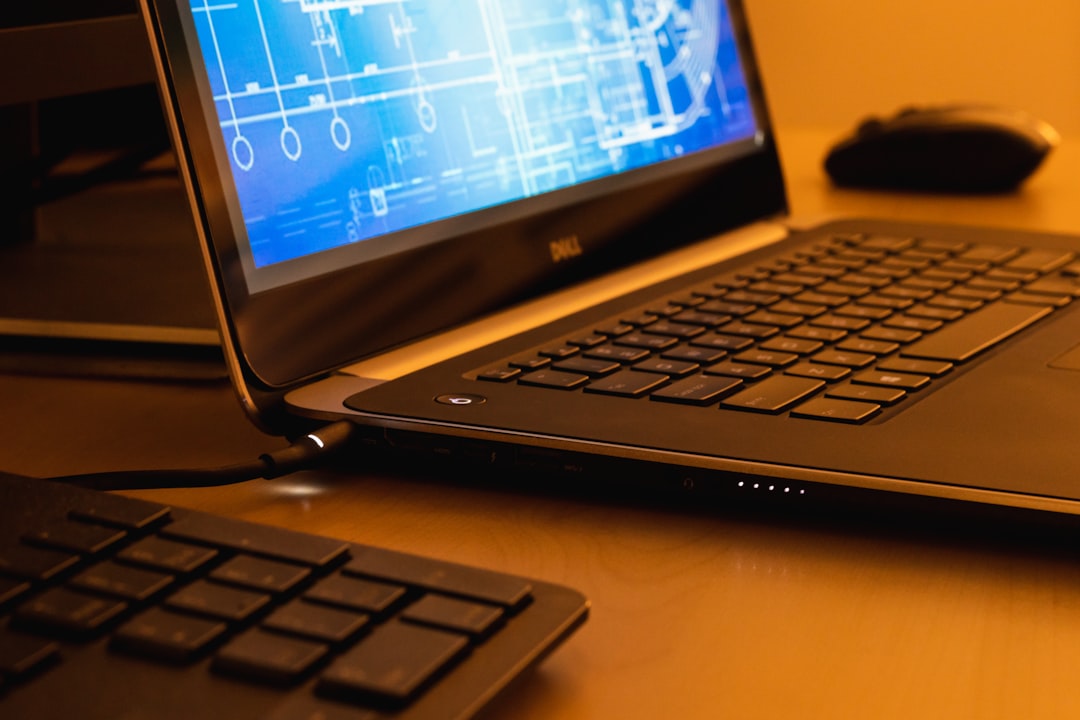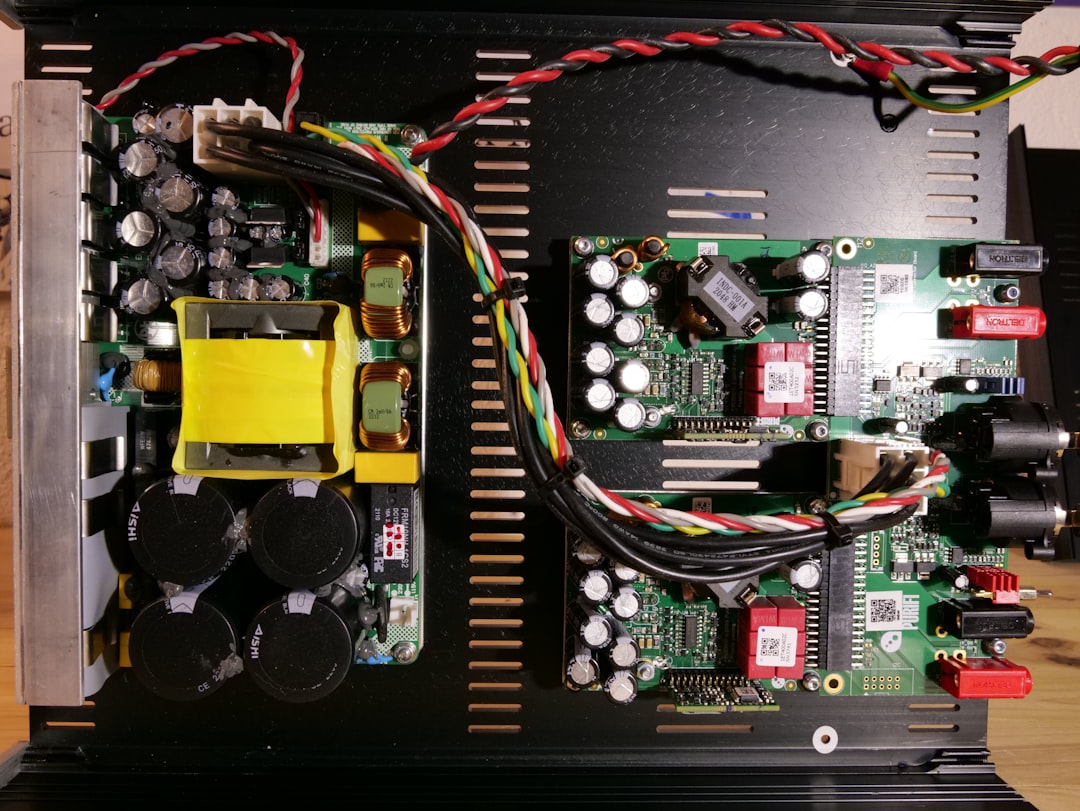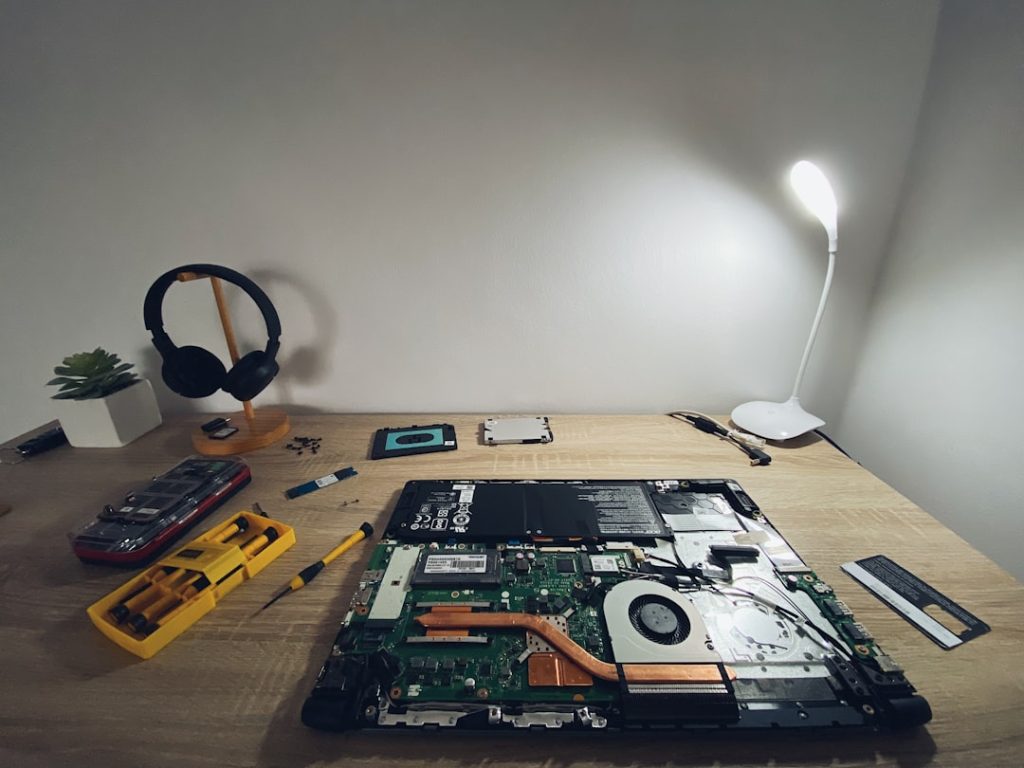Dealing with a loud laptop fan can be both frustrating and concerning. Whether it’s suddenly whirring at high speeds or making distracting noises while you’re working or gaming, a noisy fan often signals that your laptop is either working harder than it should or there’s something wrong. Understanding why your laptop fan is loud and how to fix it can help extend the life of your device, improve performance, and give you peace of mind.
Why Is My Laptop Fan So Loud?
Your laptop fan’s primary role is to cool internal components, especially the CPU and GPU, which generate heat as they operate. When fans spin excessively or make strange noises, it generally means something is causing your laptop to overheat or work too hard. Here are the most common reasons behind a loud laptop fan:
- Overheating: The hotter your laptop gets, the harder the fan has to work to cool it down.
- Poor Ventilation: Blocked air vents can trap heat, increasing fan activity.
- Dust and Debris: Build-up inside vents and on fans obstructs airflow and forces fans to spin faster to compensate.
- Software Glitches: High CPU usage caused by malfunctioning software or malware can put unnecessary load on the system.
- Background Processes: Too many applications running simultaneously increase the system’s workload.
- Worn Out Fan: Age and frequent use may physically degrade the internal fans.
How to Fix a Loud Laptop Fan
If your laptop fan is running loud, don’t worry. Many of the problems can be resolved with simple steps. Below is a comprehensive guide on possible solutions, from easy software fixes to more technical maintenance tasks:
1. Clean Your Laptop’s Vents and Fans
One of the leading causes of loud laptop fans is dust accumulation. Over time, dust can clog the cooling vents and coat the fan blades, reducing airflow and making the system work harder.
- Turn off your laptop and unplug all power sources.
- Use a can of compressed air to blow through the air vents in short bursts. Pay attention to the fan exhaust vents usually found on the sides or bottom of the laptop.
- If you’re comfortable opening your laptop, carefully remove the bottom panel and clean the fan directly with compressed air or a soft brush.

Important: Always consult the user manual before opening the device. Some laptops may void the warranty if tampered with.
2. Improve Air Circulation
Laptops are designed to dissipate heat through ventilation, but placing them on soft surfaces like beds or couches can block vents. This causes the system to overheat, resulting in louder fans.
- Use a laptop cooling pad: These elevate the laptop and often include additional fans to help with heat dissipation.
- Place your laptop on hard, flat surfaces only: Avoid using it on blankets and cushions.
- Elevate the rear of your laptop slightly: This can help improve airflow underneath the machine.
3. Close Unnecessary Background Programs
When too many applications or processes run at the same time, it taxes the processor. The system reacts by spinning the fan faster to cope with the added heat.
- On Windows: Open Task Manager (Ctrl + Shift + Esc) and end non-essential processes that are consuming CPU.
- On macOS: Use Activity Monitor to identify heavy CPU users.
Disabling apps from launching at startup can also help maintain a lower load on your system throughout its usage.
4. Perform Malware and Virus Scans
In some cases, malware or hidden background apps can dramatically increase CPU usage. This puts a greater demand on the system and in turn makes the fans spin excessively.
Run a complete system scan using a trusted antivirus or anti-malware tool. Removing unwanted programs can significantly reduce fan noise.
5. Check for Software or Driver Updates
Outdated BIOS or system firmware can affect how your laptop manages heat and power. Similarly, graphics drivers and system updates play a vital role in CPU and GPU performance and can influence thermal regulation.
- Ensure your operating system is up-to-date.
- Download the latest drivers for your GPU and chipset from the manufacturer’s website.
- Check for updates to fan control software, especially if you use third-party apps to manage cooling profiles.
6. Optimize Power Settings
Using high-performance power settings can push your system to operate at maximum capacity constantly, which increases heat output and fan speed.
Switch to a more balanced power profile:
- Windows: Go to Control Panel > Power Options, and select “Balanced” or “Power Saver.”
- macOS: System Settings > Battery > Energy Preferences, and adjust the power settings accordingly.
7. Use Fan Control Software
Some laptops allow users to manage fan activity via third-party applications or BIOS settings. These tools can help you adjust the fan curve or change when and how aggressively the fans respond to rising temperatures.

Note: While controlling fan behavior can help with noise, reducing fan activity too much may risk overheating in the long run. Always balance performance with safety.
8. Consider Reapplying Thermal Paste (Advanced)
If you’re comfortable with hardware repairs and your laptop is older, the thermal paste between the CPU/GPU and their heat sinks may have worn out. Reapplying high-quality thermal paste can significantly improve heat dissipation, thereby reducing how often and how loudly the fan operates.
This is a delicate task and should only be undertaken by experienced users or professionals. Take safety precautions and consult your laptop’s disassembly guides before proceeding.
When to Seek Professional Help
Sometimes, even after trying all the above steps, the fan remains loud because of a hardware fault. For instance, fan bearings may wear out and cause grinding or rattling noises. If your laptop fan:
- Makes clicking or rattling sounds,
- Changes speed randomly without consistent load, or
- Remains loud even after cleaning and optimization,
…it’s likely time to consult a professional technician. They can conduct a thorough inspection, clean or replace the fan, and address any hidden hardware problems.
Preventing Fan Noise in the Future
Keeping your laptop in good shape not only extends its life but can also prevent recurring fan issues. Here are some general tips to maintain healthy cooling performance:
- Clean the vents regularly: Every few months, use compressed air to remove accumulated dust.
- Avoid placing laptops on soft surfaces: Always use hard and flat tabletops for better airflow.
- Install system updates promptly: Drivers and firmware updates often include thermal and power management optimizations.
- Use a cooling pad if necessary: Especially for gaming or resource-intensive tasks.
- Shut down your laptop occasionally: Extended uptime can contribute to high internal temperatures.
Conclusion
A loud laptop fan is more than just an annoyance—it’s often a sign that your device is struggling with heat management. Fortunately, most of the causes of noisy fans are fixable with basic maintenance and some attention to your system’s usage patterns. By cleaning your laptop, optimizing software settings, and improving airflow, you can often restore it to a quieter state.
If all else fails and the noise persists, don’t hesitate to seek professional assistance. Addressing fan issues early can prevent long-term damage and keep your laptop running optimally for years to come.


